Established 2023
Socrates Cantoral, A Jack of All Trades
Monday, November 4, 2024
Kayla Karmanos
Socrates Cantoral, A Jack of All Trades
Artist Socrates Cantoral is a model of self-reclamation and morality at Eastern State Penitentiary.
About the Artist

Socrates Raymond “Sook” Cantoral was the epitome of the rehabilitation effort that Eastern State Penitentiary sought to initiate for all prisoners. As an illustrator, a drummer, a Dental lab employee, and a “known and respected” man by “inmates and personnel alike"[^1], he sought to transcend the limitations of his crime and better himself through education, art, and athletic activity—a relentless effort for self-reclamation. A generous man with a big heart, he even contributed the majority of his prison earnings to his mother, the main person whose pride he hoped to reclaim[^1]. Cantoral was a dedicated family man, forming a bond with his nephew John Cantoral that extended “past ordinary family ties”[^2]. A humble, decent, and motivated man, Socrates Cantoral was a model of penitence and achievement at Eastern State.
Cantoral’s artistic journey through the Eastern Echo evokes a struggle to attain a sense of optimism which he admits to not have possessed prior, while simultaneously seeking to mold his image in the eyes of those who controlled the length of his sentence[^1]. Cantoral’s body of work demonstrates a series of pieces that would not have existed without the experience of incarceration–Socrates was pushed into new creative pursuits as a means of passing his time and reclaiming a sense of identity and self-esteem. After having completed only grammar school before his sentence, he knew that attaining a true education and embarking in new creative pursuits would help him become a functioning member of the real world[^1].
Through his artwork, Cantoral sought to distract himself and his fellow inmates from the melancholy life of Eastern State solitary confinement, while introducing a new sense of optimism into their lives. With lighthearted caricatures and colorful illustrations, he illuminated the pages of Eastern Echo editions in the 60s. However, his body of work stemmed beyond visual art to include the written word as he contributed various articles to editions of the publication. Both his illustrations and written articles were marked by a signature use of humor and clarity of character[^1]. His “Motion Picture Blues” article paints a vivid image of weekly movie screenings at Eastern State—an activity riddled with technical difficulties. Cantoral’s vivid first person account of this weekly experience elicits his model optimistic tendencies as he becomes irritated but “still hopes for the best.”
Cantoral’s pursuit of rehabilitation also pushed him to engage with psychological counseling at Eastern State. Though this program was plagued by stigma among prisoners who feared invasion of privacy or the idea of mental “illness,” it was founded on arguments that deep-seated and complex “emotional disturbances” can take years to work through on one’s own, sending people down “blind alleys” and “time-consuming tangents”[^3]. Inspired by the promise of effective rehabilitation, Cantoral’s desire to mold himself into a model citizen drew him to engage with the program.
As a percussionist in the concert band, Cantoral also served as a personal supervisor of the rhythm section, which was said to make rapid strides under his direction[^4]. The demand of the band’s rehearsal schedule would have swamped Cantoral’s already busy schedule, with two group rehearsals a week and daily individual “classroom-like instruction” with Mr. Barclay, the band director[^5]. The band itself was held to a high standard of achievement, only allowing individuals to become performing members after attaining a certain expectation of performance level. Cantoral’s work ethic made him a model member of this band and a model employee of the Dental lab, where he was employed for seven years as a “diligent worker”[^1].
Socrates Raymond Cantoral was a high-achieving perfectionistic model of rehabilitation efforts of the penitentiary, making use of nearly every program and activity the site offered. A model of rehabilitative success, Cantoral’s search to reclaim his identity and become a successful member of the “real world” shines through in his creative endeavors. A beacon of light, humor, and optimism, Cantoral’s illustrations and artistic accomplishments are a journey to make light of a dark incarcerated existence.
[^1]: Williams, Thomas. "Profile of Socrates R. Cantoral," The Eastern Echo. Winter 1964, Page 8.
[^2]: “Mr. Socrates Cantoral,” Dinan Funeral Home, February 2017. https://www.dinanfuneralhome.com/obituaries/Socrates-Cantoral/#!/TributeWall.
[^3]: Heinemann, Robert. "Individual Therapy," The Eastern Echo. March 1956, Page 16.
[^4]: Coll, Don. "The Bastille Bongo Bouncers," The Eastern Echo. Winter 1964, Page 10.
[^5]: Williams, Thomas. "Music Within," The Eastern Echo. Summer 1965, Page 6.
Artist Statement
“In spite of my small efforts I cannot say that I have always been optimistic. The weight of my participation in the wrong against society will always be with me. And, through my efforts of achievements in prison, coupled with the years I have served, I hope somehow to reach a state of vindication in the minds of the people who now control my fate. I am definitely not the youth who once thought the world owed him something because of a few medals won on the battlefield. I now realize that a person does not turn his: bravery on and off like a light; that the bravest battle is mastery of myself to enable me to live with my fellow man in a decent and law-abiding manner. But most of all, I want to justify my mother’s faith in me and make her remaining years happy ones.
A man only thinks something is difficult if he is doing it with reluctance and a semi-faith in himself. Regardless of the outcome or result of my efforts, I have every belief that this time spent in learning has not been in vain. That someone, somewhere, someday will recognize my efforts, is compensation enough for me” - Socrates Cantoral, 1964[^1].
[^1]: Williams, Thomas. “Profile of Socrates Cantoral,” The Eastern Echo, 1964.
Works

Eastern Echo, Summer 1965, Page 1.
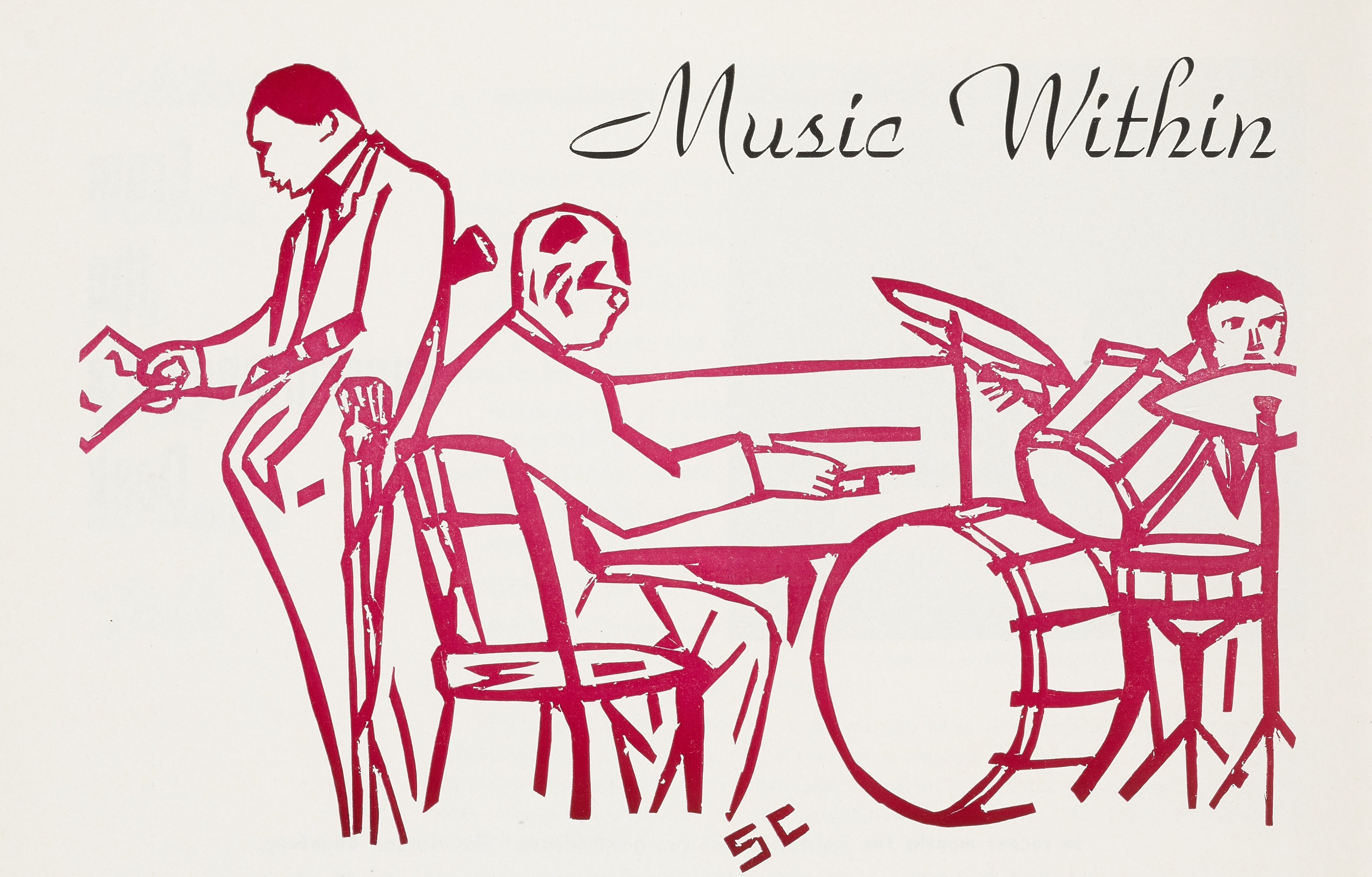
Eastern Echo, Summer 1965, Page 6.
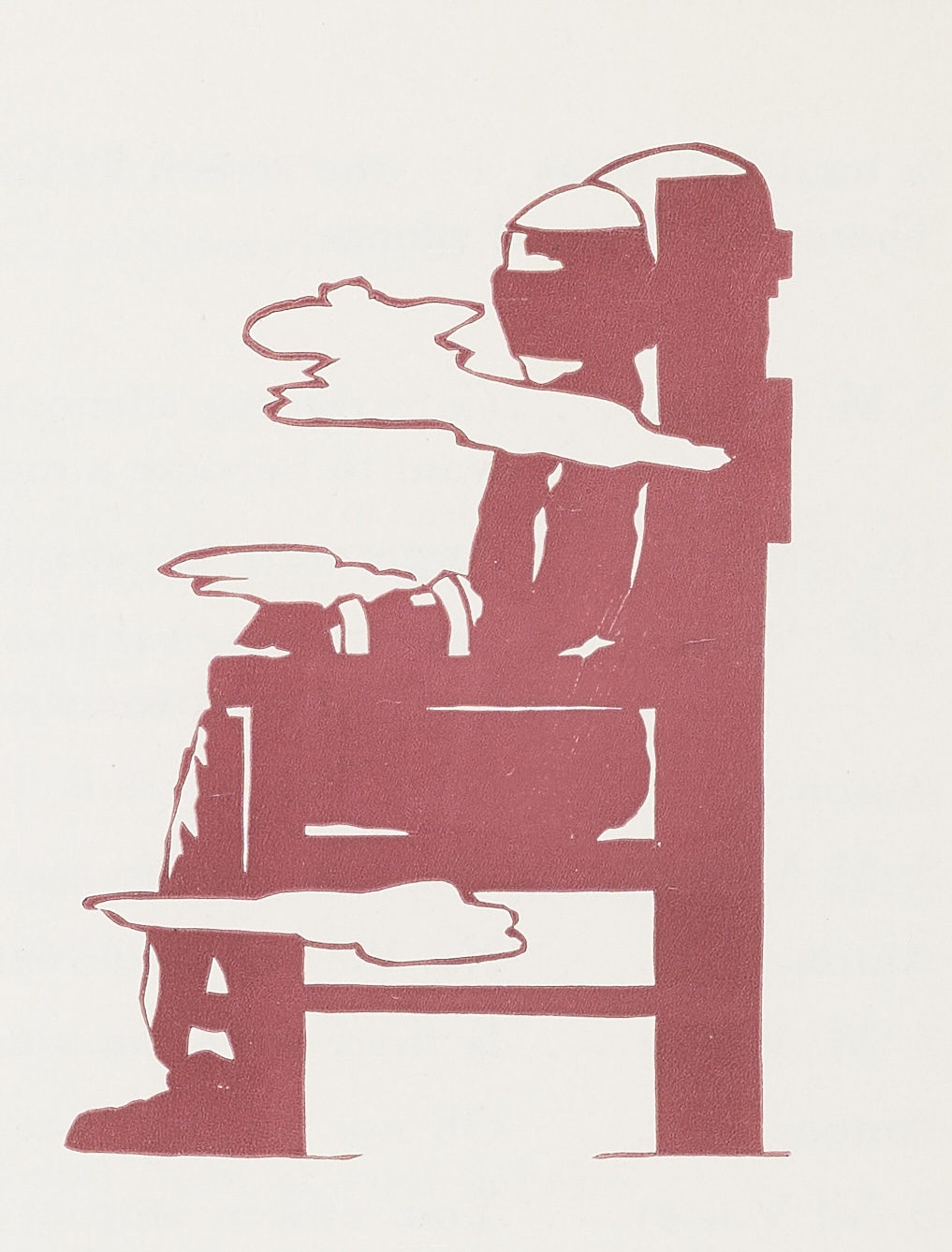
Eastern Echo, Summer 1963, Page 14.
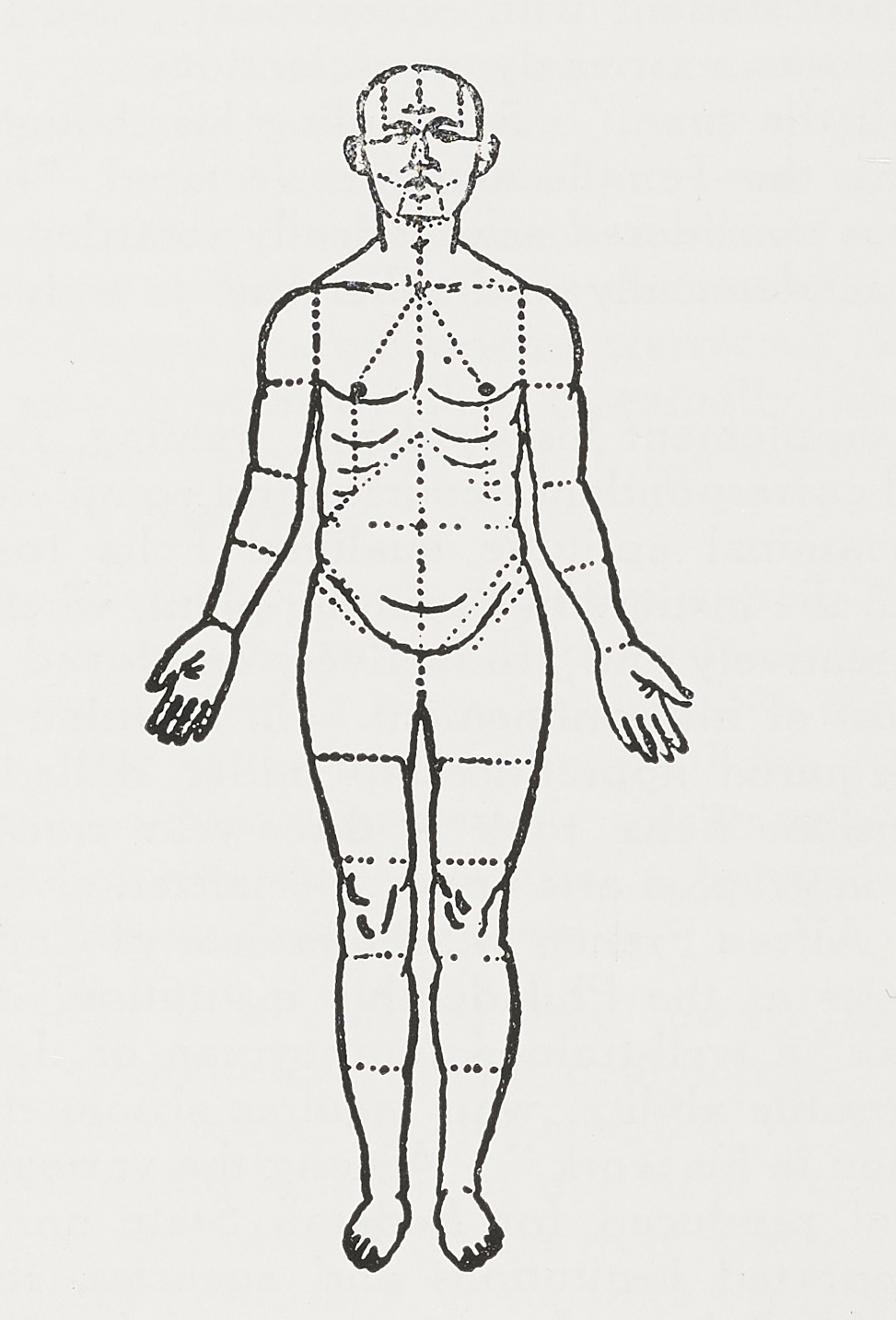
Eastern Echo, Summer 1963, Page 20.
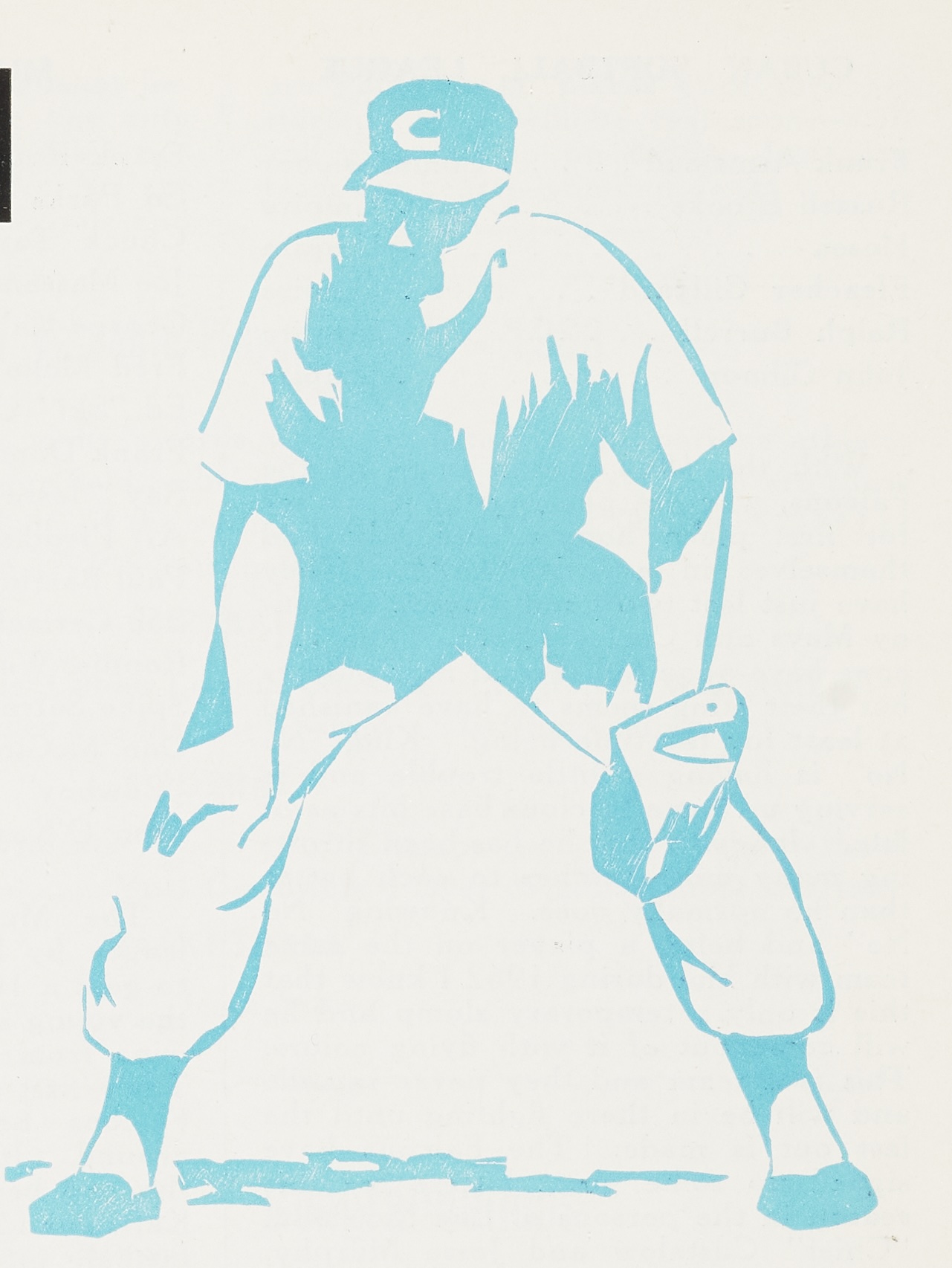
Eastern Echo, Summer 1963, Page 31.
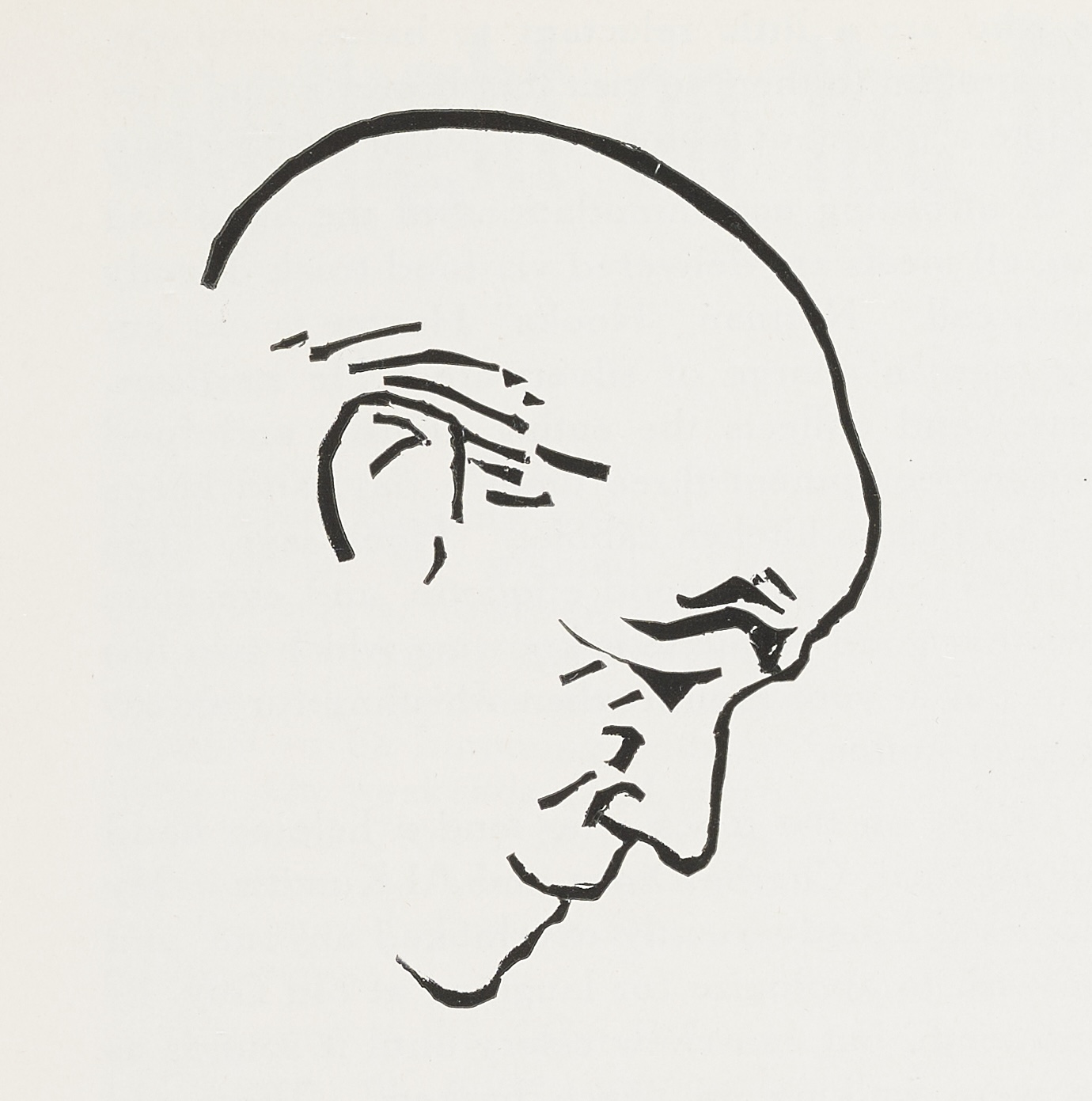
Eastern Echo, Summer 1963, Page 15.

Eastern Echo, Summer 1964, Page 9.
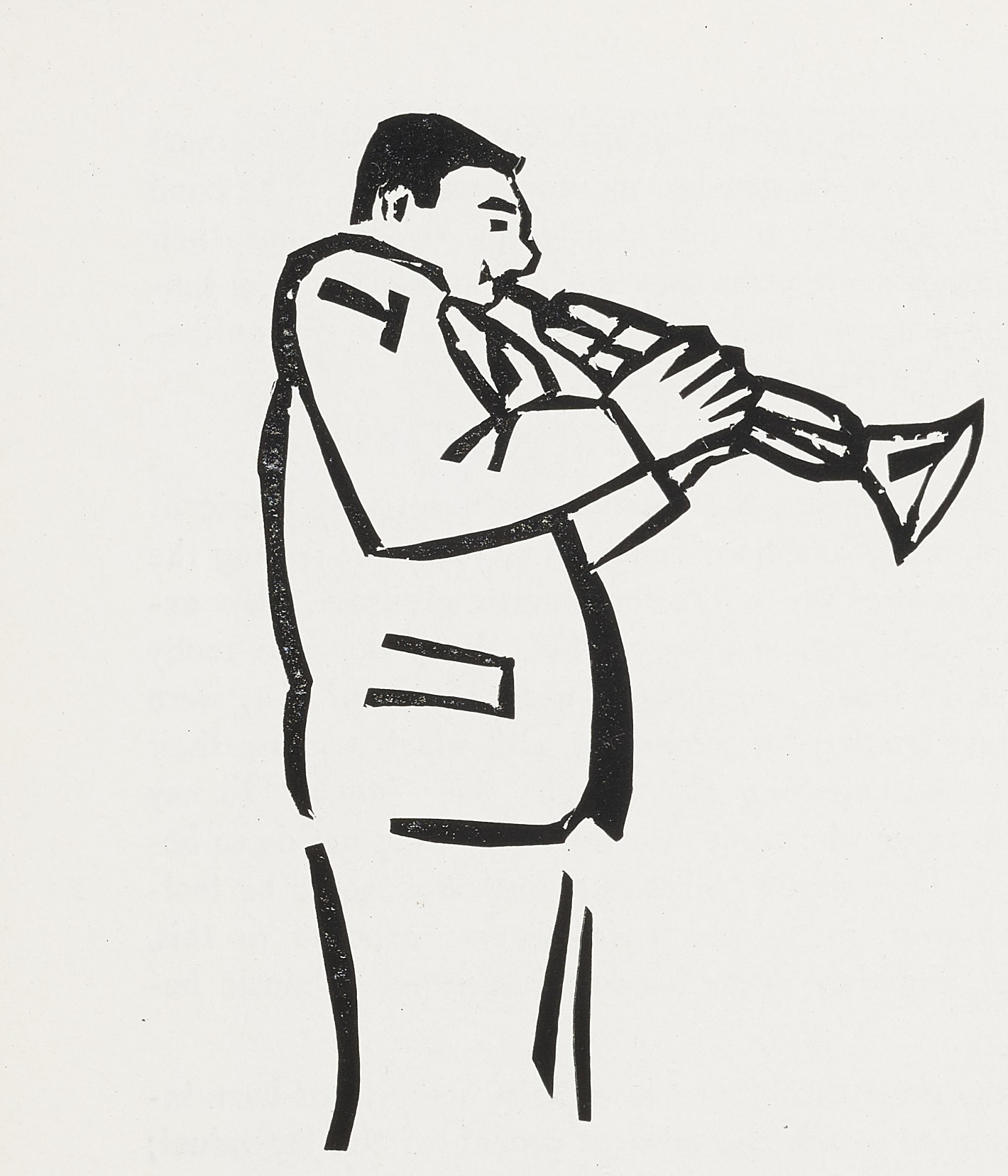
Eastern Echo, Summer 1965, Page 10.
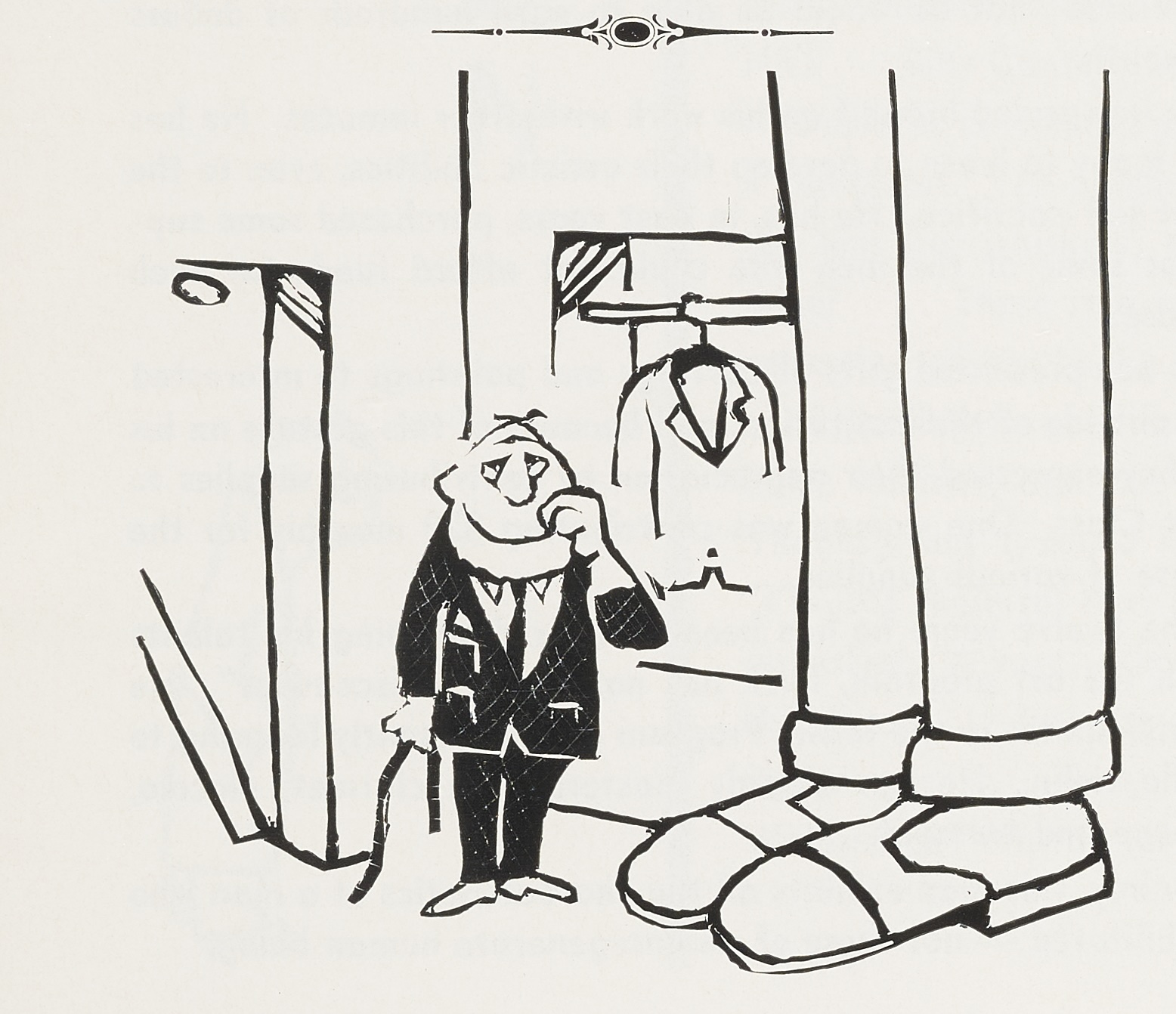
Eastern Echo, Summer 1965, Page 11.
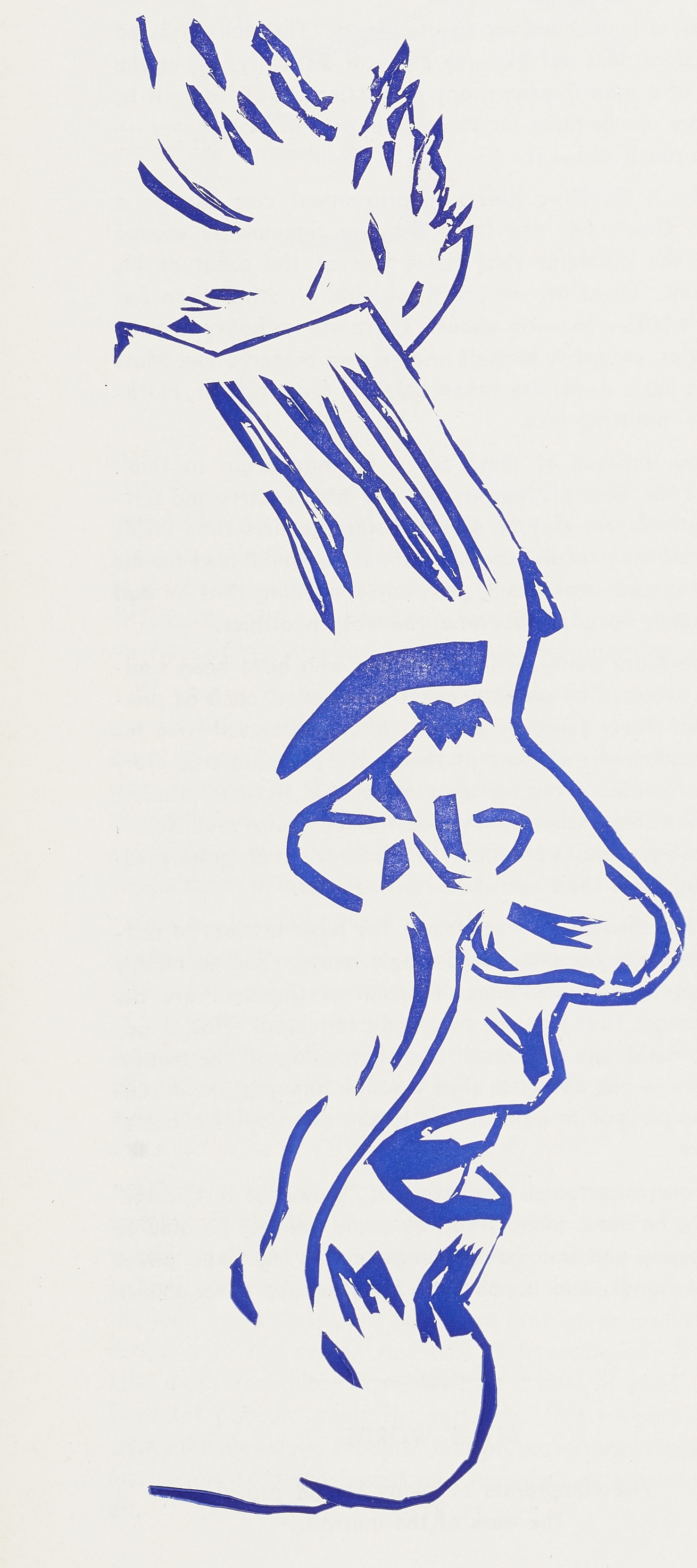
Eastern Echo, Summer 1965, Page 12.
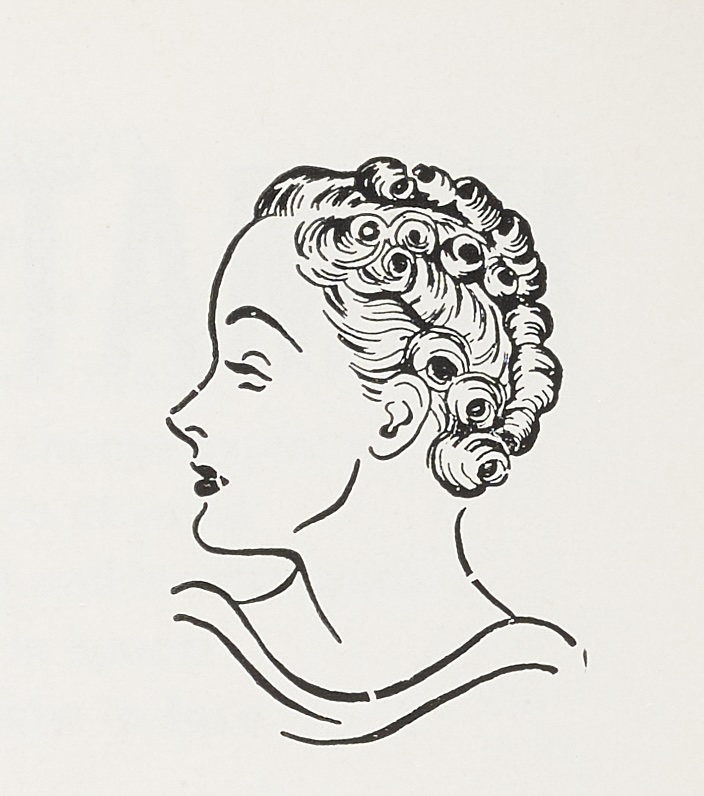
Eastern Echo, Summer 1965, Page 16.

Eastern Echo, Summer 1965, Page 21.
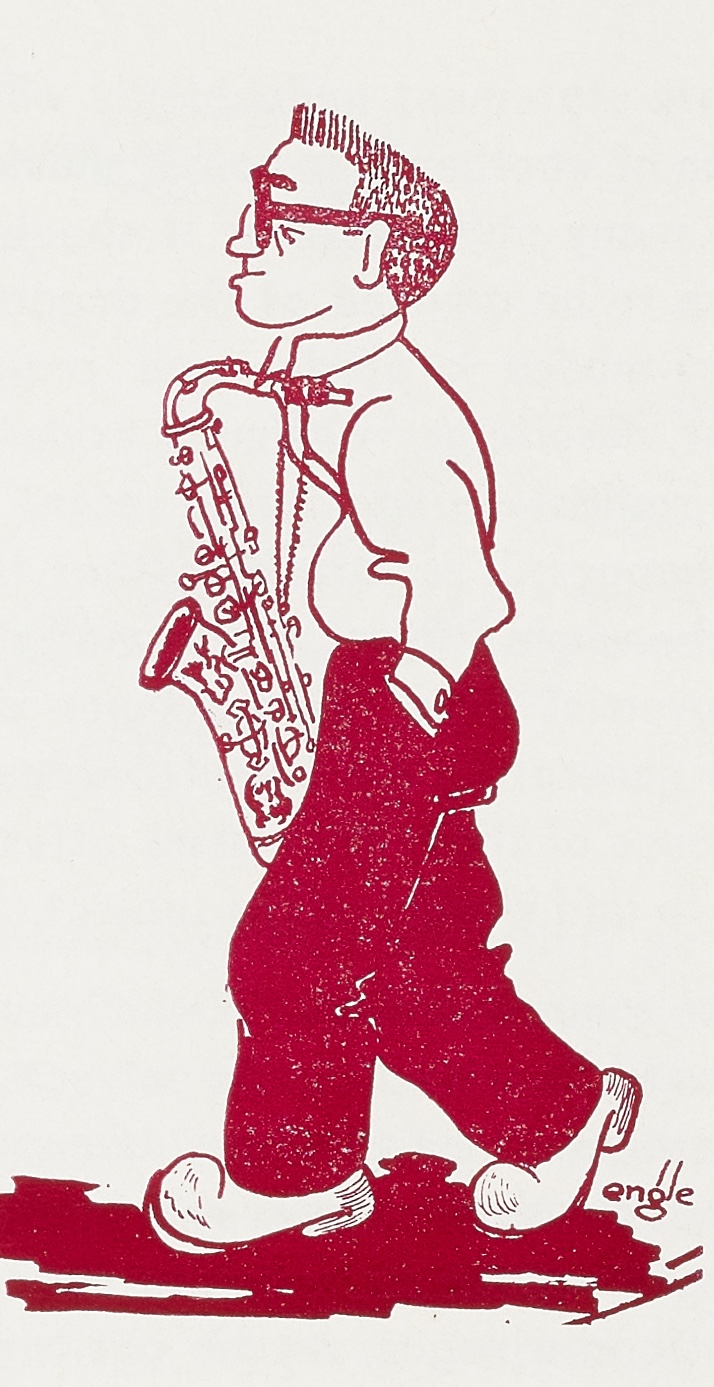
Eastern Echo, Summer 1965, Page 31.
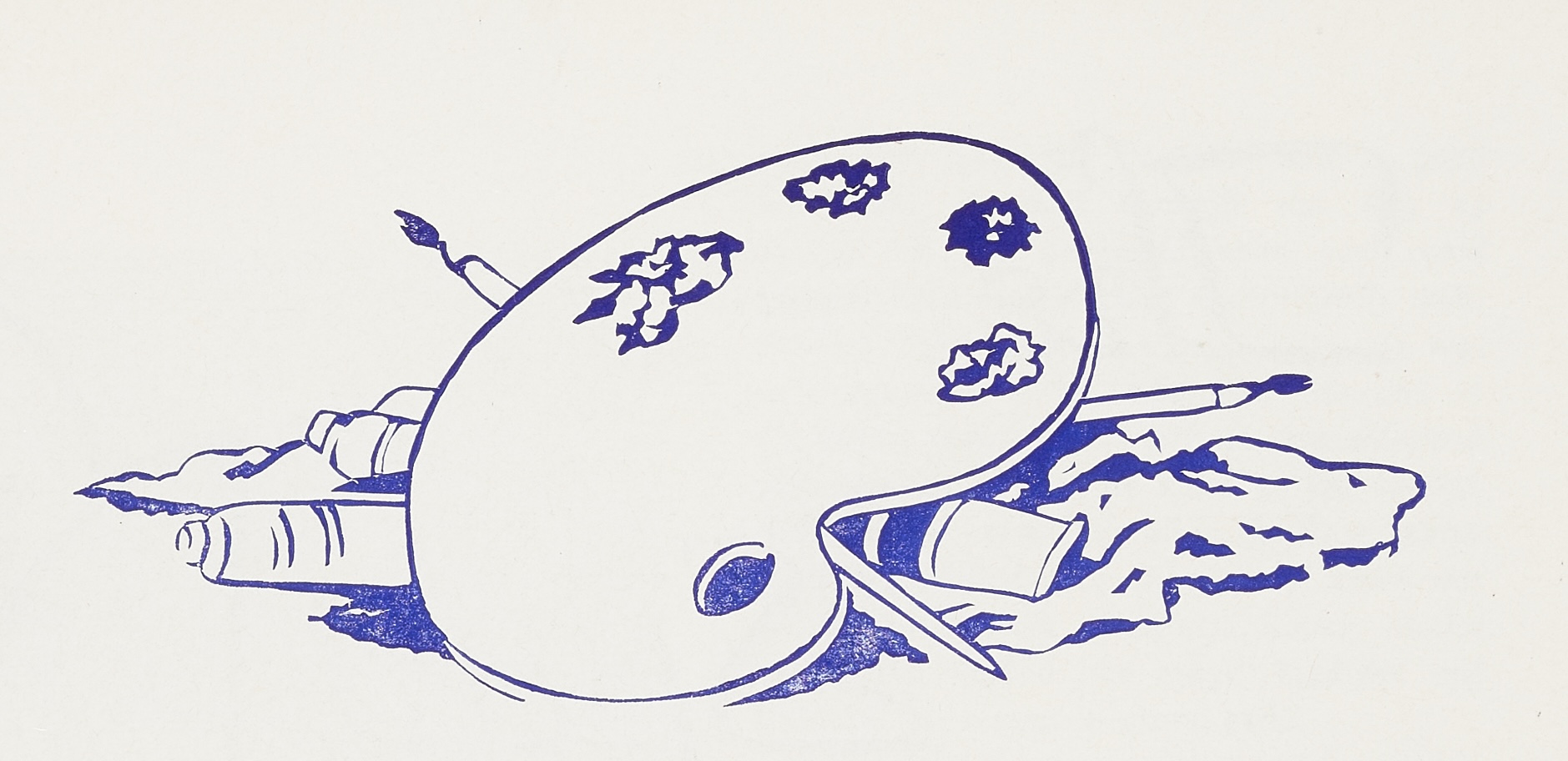
Eastern Echo, Summer 1965, Page 33.
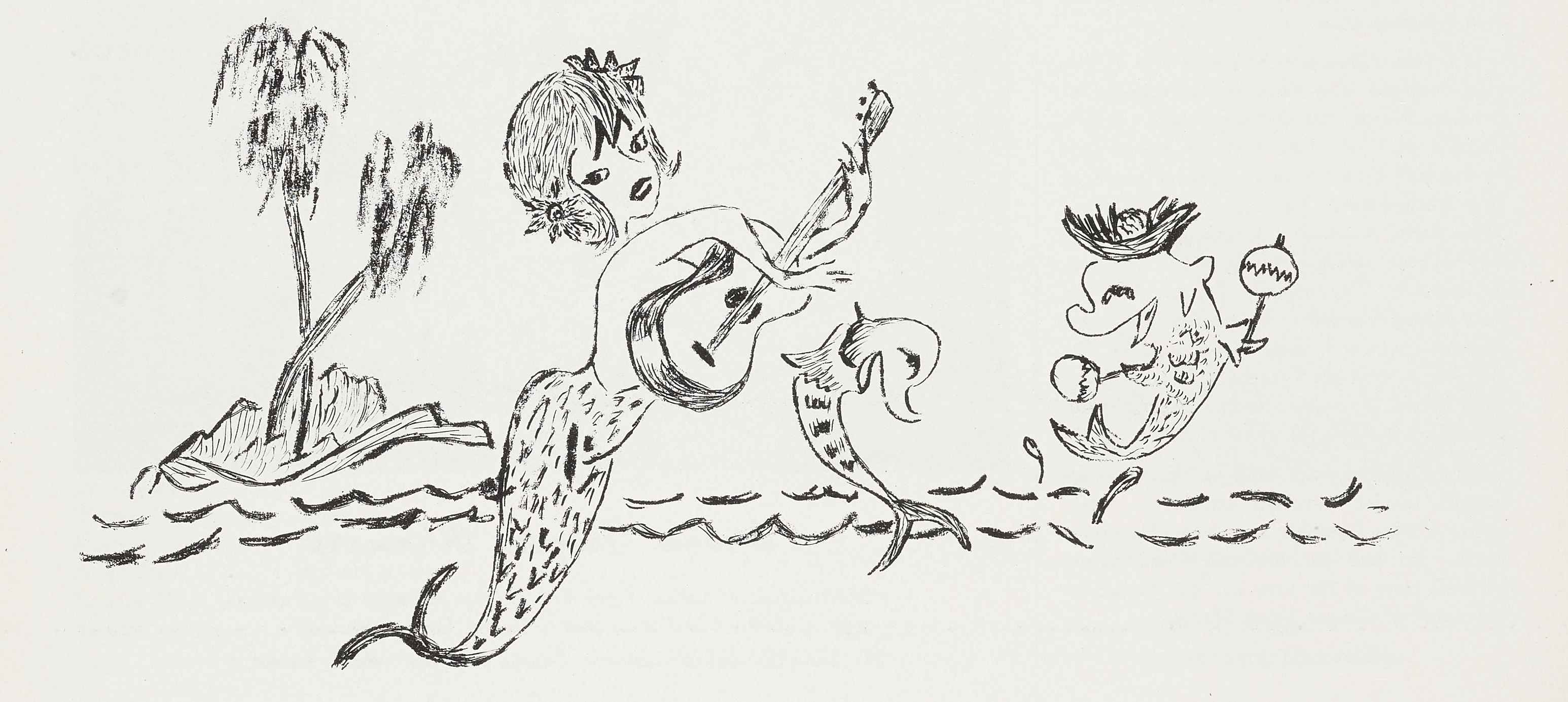
Eastern Echo, Summer 1965, Page 38.
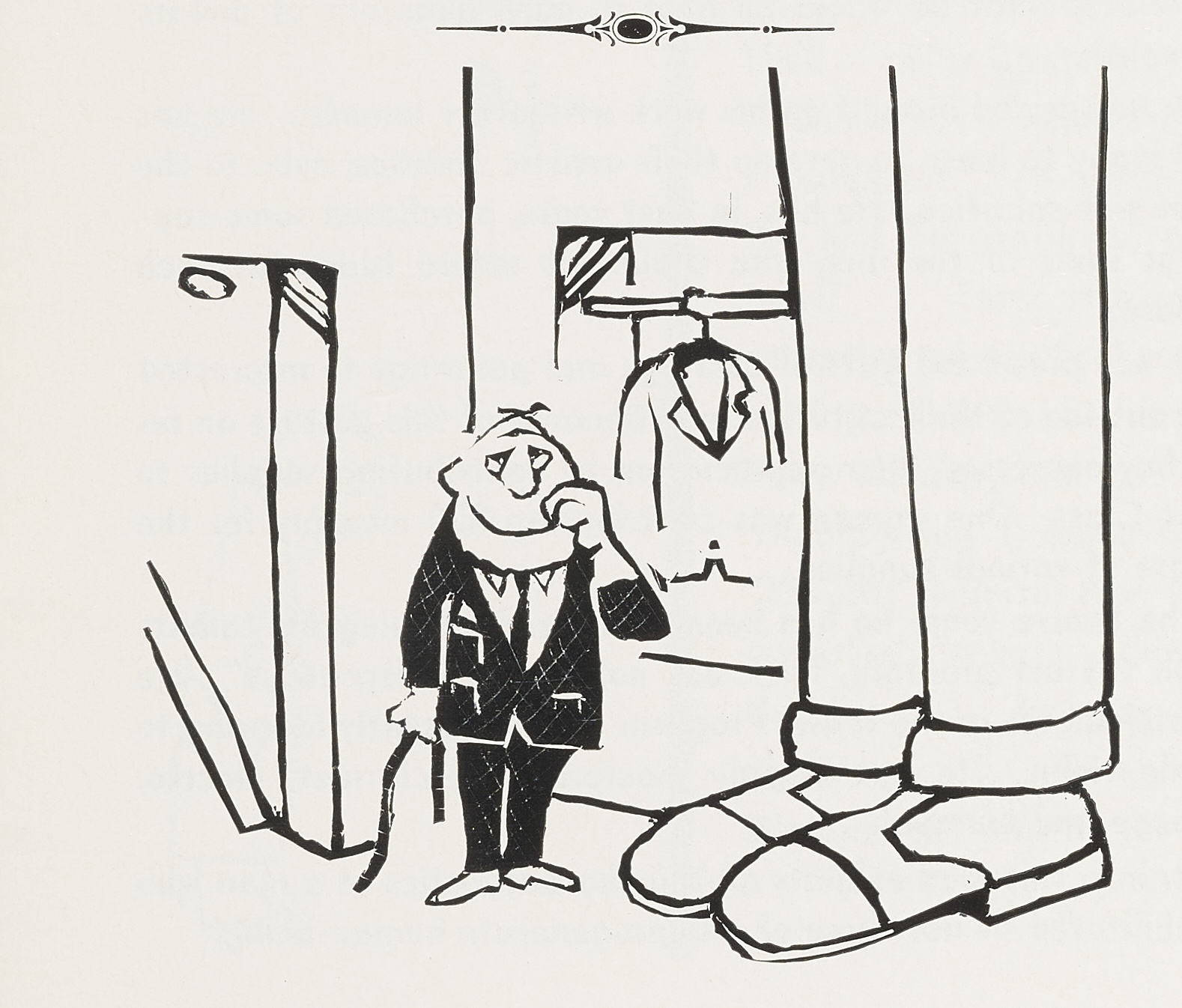
Eastern Echo, Summer 1965, Page 11.
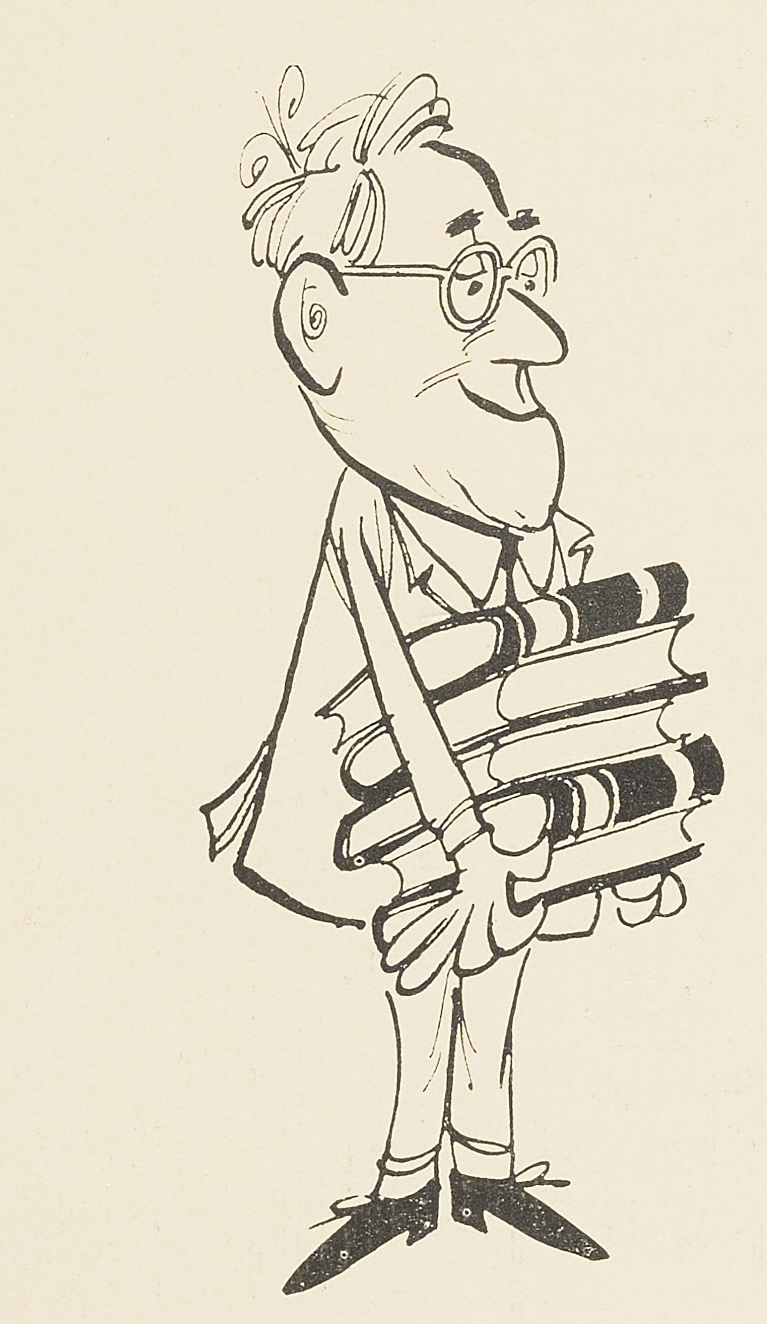
Eastern Echo, Summer 1966, Page 7.
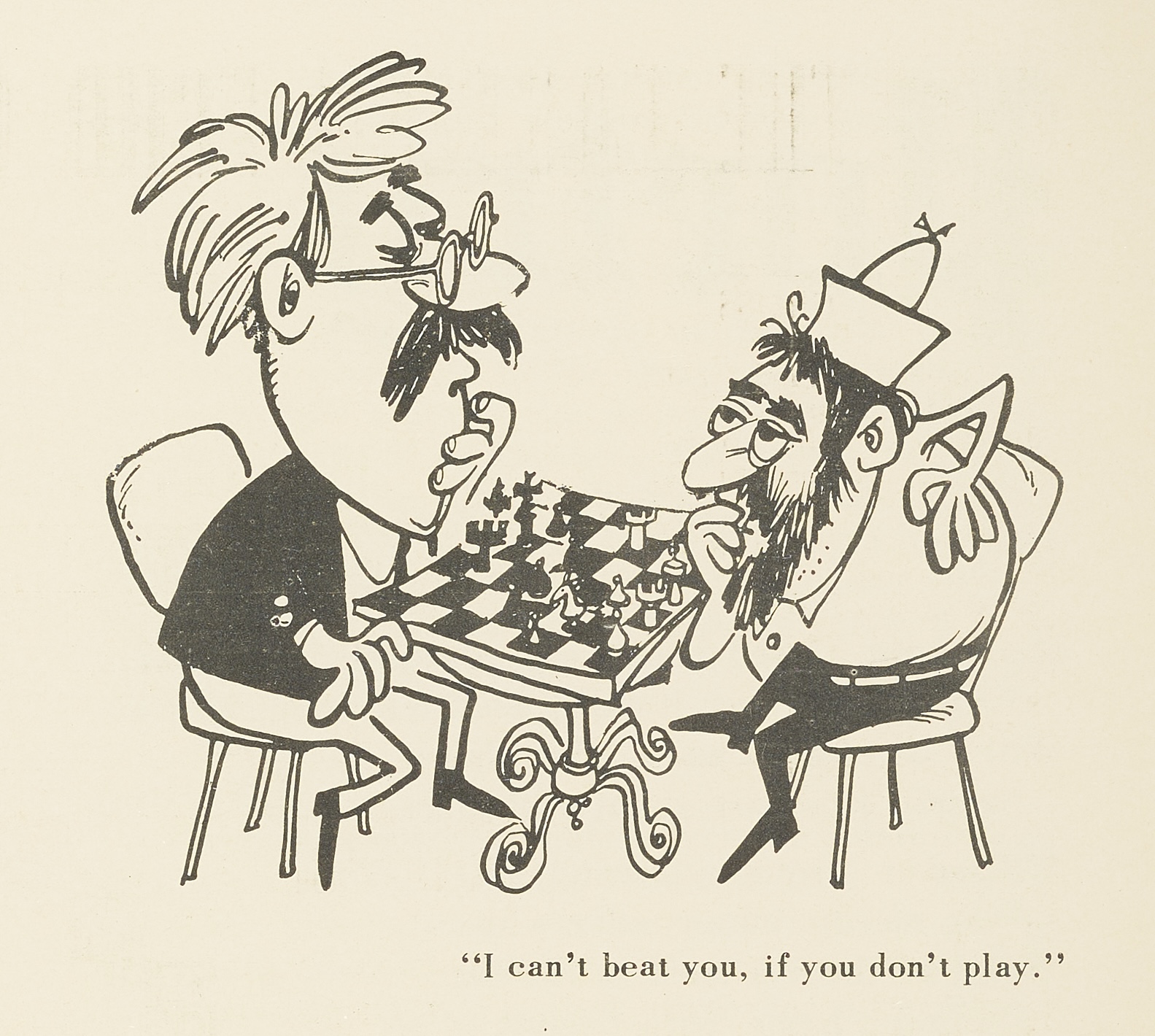
Eastern Echo, Summer 1966, Page 16.
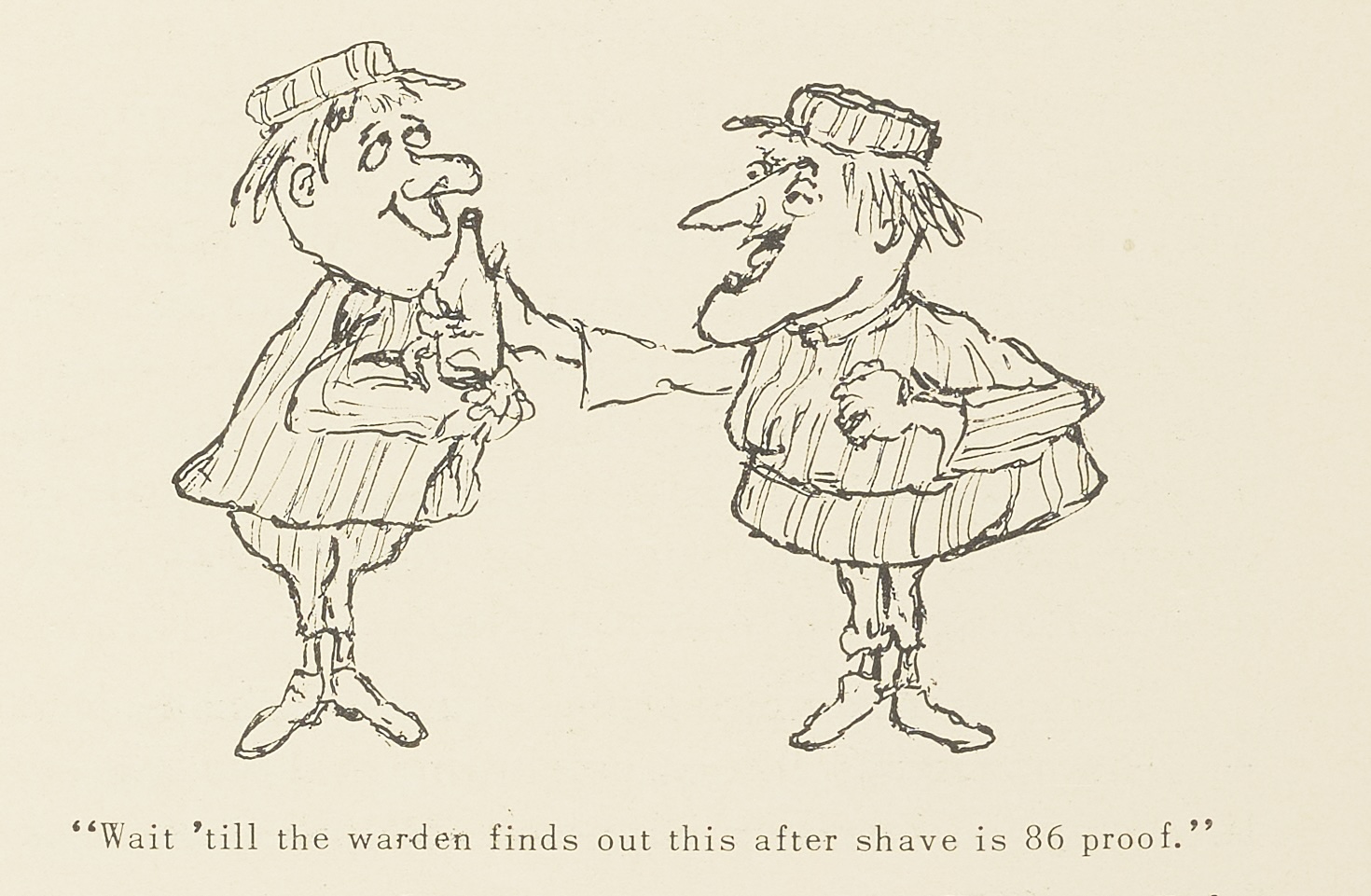
Eastern Echo, Summer 1966, Page 22.
